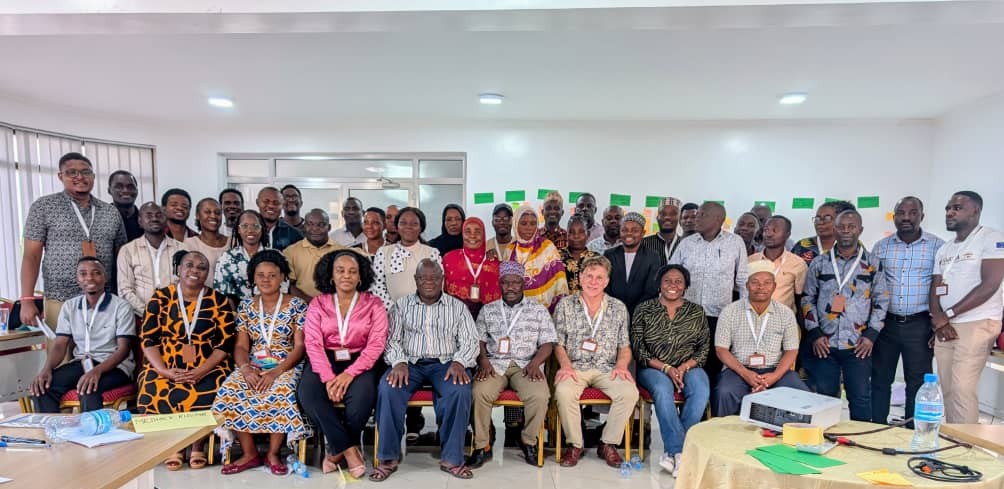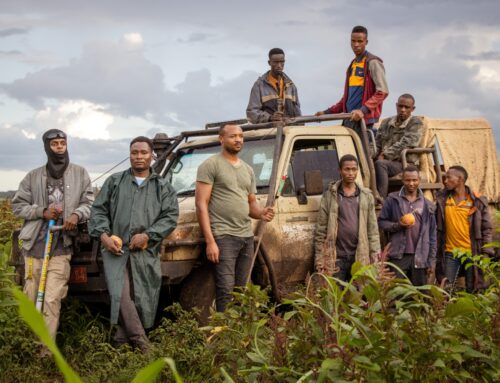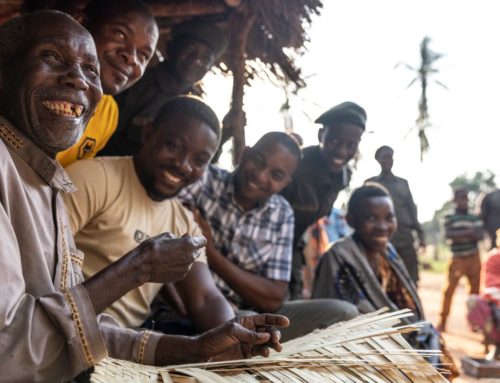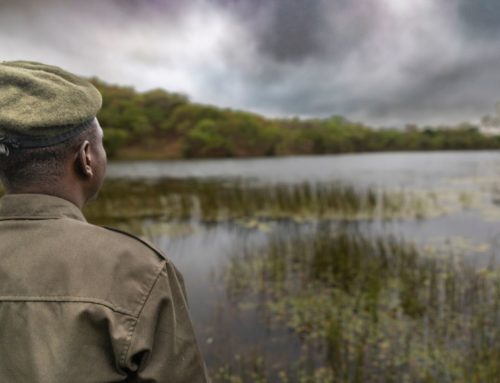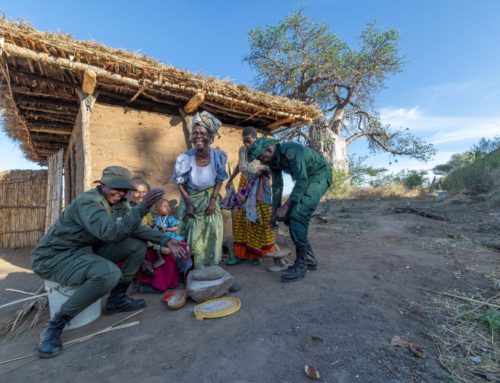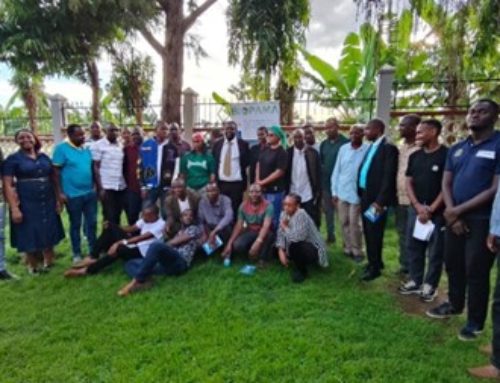“The law says we should be there,” one group of women reflected during a breakout session, “but the decision-making room still finds ways to leave us out.”
That sentence, spoken quietly but with weight, captured a deeper truth. It echoed what many in the workshop already knew: that policies alone do not guarantee participation. That good intentions are not enough when voices are routinely excluded from leadership. That governance is, at its core, about who decides, who is heard, and who benefits.
This is the reality that 42 conservation practitioners, leaders, and thinkers from across Tanzania and Kenya came together to confront. They gathered in Dar es Salaam for a Community of Practice (CoP) workshop on equitable governance in community-led conservation areas.
A Community of Practice is not a one-off event or a training. It is a long-term space for reflection, learning, and collective action. It brings together people with lived experience and shared challenges, and it creates room for them to connect their insights, name what is broken, and start working on how to fix it, together.
The workshop was part of Scaling up Equitable Governance in Area-based Conservation (SEGA), an initiative that supports stakeholders and rightsholders in Protected and Conserved Areas (PCAs) to assess governance quality, identify gaps, and improve equity. Funded by the UK Government through the Darwin Initiative, SEGA promotes peer-to-peer learning rooted in the belief that fair, inclusive governance strengthens conservation outcomes.
The event was organized by Honeyguide and conducted almost entirely in Swahili to support clear understanding and expression among participants. Many came with deep experience from Wildlife Management Areas (WMAs), forest reserves, and other community-managed landscapes. Several had already taken part in Site-level Assessment of Governance and Equity (SAGE) evaluations, which gave them grounded insight into how governance challenges play out day to day.
Community of Practice is not a training. It is a commitment to long-term peer learning and collective action.
What We Mean When We Talk About Equitable Governance
In conservation circles, “governance” is often used but interpreted in different ways. Some think of it as management. Others associate it with paperwork, policies, or power structures. But within SEGA, equitable governance means transparent, inclusive, and accountable decision-making that upholds rights while fairly distributing both the costs and benefits of conservation.
In Tanzania, even the most celebrated model of community-led conservation – Wildlife Management Areas (WMAs) – has faced serious governance challenges when it comes to transparency, inclusion, and fairness. In the past, many conservation strategies failed to meaningfully include communities or recognize their rights. As a result, local trust eroded, benefits were unevenly shared, and conservation outcomes suffered.
The SEGA project addresses this head-on.
Through the CoP and other activities, SEGA aims to shift the culture of governance in conservation from one shaped by exclusion and top-down directives to one built on mutual respect and co-creation.
Fairness is not a luxury in conservation; it is a necessity.
Ground Truths and Hard Conversations
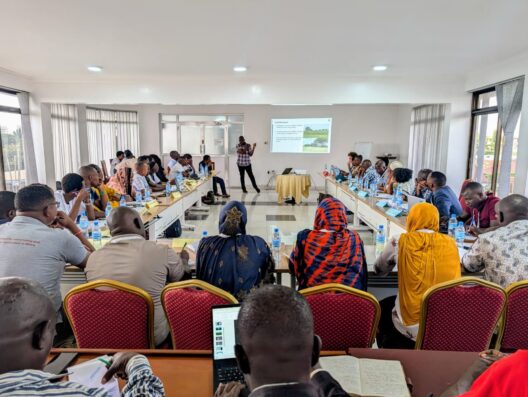
Over two days, participants engaged in conversations that were practical, often uncomfortable, and deeply informed by lived experience. The challenges shared were not abstract but rooted in daily realities.
In one group, someone spoke about village game scouts who patrol vast landscapes with commitment, yet find themselves left out of meetings where the use of conservation revenue is decided. Another participant described how financial reports arrive, if they arrive at all, long after decisions are made, often unread, sometimes not even shared.
The room nodded when someone mentioned that communities rarely see how much money comes in from tourism or hunting concessions, let alone how or why it gets spent. Planning, they said, happens elsewhere. Accountability, if it exists, is a one-way street.
Women’s voices are notably absent in many of these decision spaces, despite policies requiring gender representation “The law says we should be there,” one group reflected, “but the room still finds ways to leave us out.”
None of these stories was shared for sympathy. They were shared for clarity. What emerged over those two days was a quiet but powerful understanding: these were not isolated issues but rather repeated patterns of exclusion, opacity, and disempowerment. Naming them collectively was the first step toward addressing them.
Five Governance Challenges, Many Root Causes
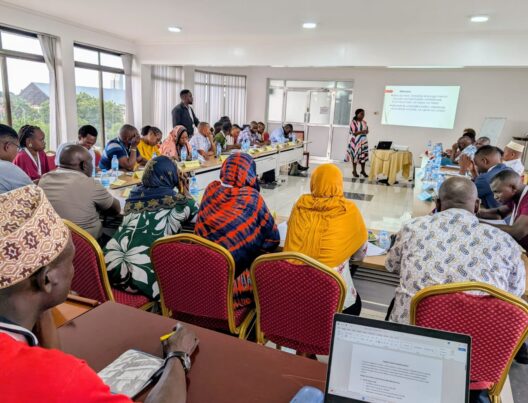
Through participatory discussions, the group identified five core governance challenges that cut across communities and landscapes:
First, benefit sharing remains a major concern. There is limited transparency about revenue generated from WMAs, and communities often do not know how funds are allocated or used. In many cases, financial information is either inaccessible or deliberately withheld by leaders.
Second, participation and accountability are consistently weak. Although laws provide for community representation, women and youth often have little to no influence in practice. Village leaders often dominate processes, and the systems for holding them accountable are fragile or absent.
Third, overlapping or conflicting laws and policies, particularly between wildlife and forestry sectors, create confusion and hinder effective governance. Community members and even officials often do not know which law applies in a given situation.
Fourth, boundary disputes have become persistent, especially where demarcation was rushed or poorly managed. Some WMAs still lack formal land use plans, and this fuels both internal and external disputes.
Finally, human-wildlife conflict remains a widespread issue. Delayed responses to incidents, inadequate compensation, and limited preparedness leave communities vulnerable and frustrated.
Participants understood these issues as interlinked. problems feed into one another, creating a cycle of mistrust and disengagement.
Priorities from the Ground Up
Recommendations coming out of the workshop were practical and grounded in everyday governance struggles:
Participants called for systems that allow communities to access and understand revenue and expenditure reports. They also emphasized the need for stronger inclusion of women, youth, and underrepresented groups, not just as a legal requirement, but as a strategic approach to long-term leadership.
There was broad agreement on the need for legal harmonization. Participants urged policymakers and civil society to work together to align laws and policies across sectors, and to simplify and disseminate these in ways that communities can understand and apply.
Community-led land and resource planning was another priority. Participants highlighted how rushed or external planning undermines trust and leads to conflict. Giving communities a meaningful role in setting and enforcing boundaries would reduce disputes and strengthen local ownership.
Regarding human-wildlife conflict, the group recommended improved early warning systems, better integration of community knowledge into response mechanisms, and a review of compensation schemes to ensure they are timely and equitable.
What participants asked for, above all, was consistency. A process that continues, a network that endures, and relationships that do not end when the workshop does.
Learning From the Field
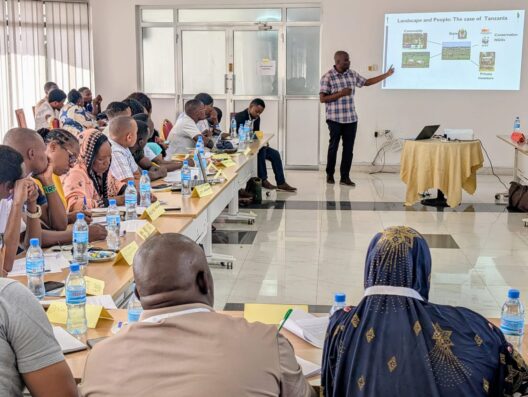
One of the strengths of the workshop was its refusal to romanticize success. Several participants shared case studies of both successes and failures, which shed light on the lived realities of governance in practice.
We heard how Community-Based Forest Management has enabled local investment in health, education, and infrastructure, driven by communities’ direct control over forest revenues.
At WAGA WMA, a SAGE assessment revealed that despite a solid legal foundation, there were persistent governance challenges. Participation remained low, revenues were not transparently managed, and enforcement was weak. Still, the assessment also uncovered opportunities, such as improved communication between stakeholders and the potential for inclusive decision-making spaces.
From Kenya’s LUMO Conservancy, participants heard about the barriers women face in accessing leadership roles, despite supportive policies. This was a powerful reminder that policies alone do not guarantee equity unless matched with cultural engagement and education.
These stories created a shared understanding: governance is deeply contextual, and change requires both structural reform and community ownership.
What Happens Next
This first meeting was just the beginning. The CoP will now move into a new phase: field testing some of the strategies, deepening relationships, and building a shared learning agenda.
Participants committed to continuing their collaboration through in-person zonal dialogues and virtual platforms, including WhatsApp-based learning groups and regular newsletters. A one-year CoP roadmap will guide shared learning, and working groups will follow up on specific actions.
And yes, there are big goals, like helping Tanzania contribute meaningfully to the global 30×30 conservation targets. But there is also a humility to this work. The recognition that big change starts small. With relationships. With trust. With shared ownership.
Equitable governance is not the end goal. It is the foundation.
The next steps are simple. Stay connected. Act on the priorities. Hold each other accountable. And keep the door open for more stories, more learning, and more voices.
This first SEGA CoP gathering proves that people on the ground are ready to lead. They have the knowledge, the experience, and the motivation. What they need is a structure to support learning, sharing, and acting together. The Community of Practice offers that structure by linking people across geographies, sectors, and institutions, it is creating the conditions for scalable, sustainable change. It offers something rare: a space for reflection and action that does not rely on outside experts, but instead draws strength from the people doing the work every day.
The people are ready. The platform now exists. What remains is to keep showing up, learning together, and pushing for the kind of conservation that truly includes everyone.
You can read the full workshop report HERE
SEGA: Scaling up Equitable Governance in Area-based Conservation
SEGA is a global initiative that works to advance equity in the governance of protected and conserved areas, promoting conservation that is fair, inclusive, and effective in delivering benefits for both people and nature.
Find out more at: www.iied.org/scaling-equitable-governance-area-based-conservation-sega
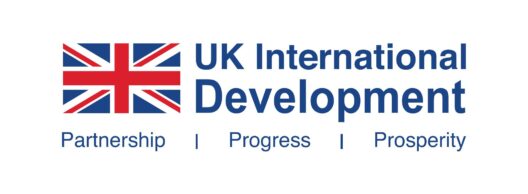
This material has been funded by UK International Development from the UK government through Darwin Initiative; however the views expressed do not necessarily reflect the UK government’s official policies.

